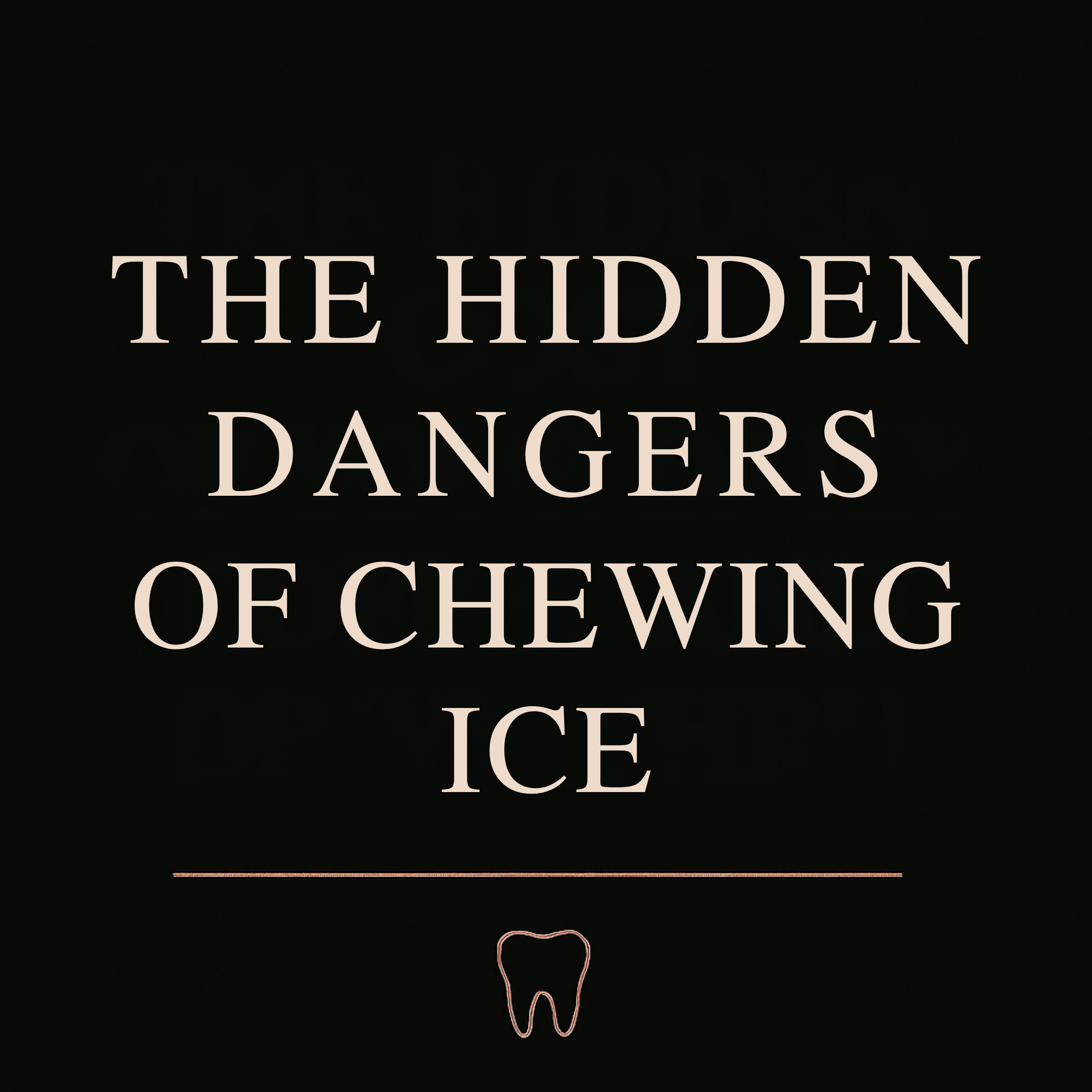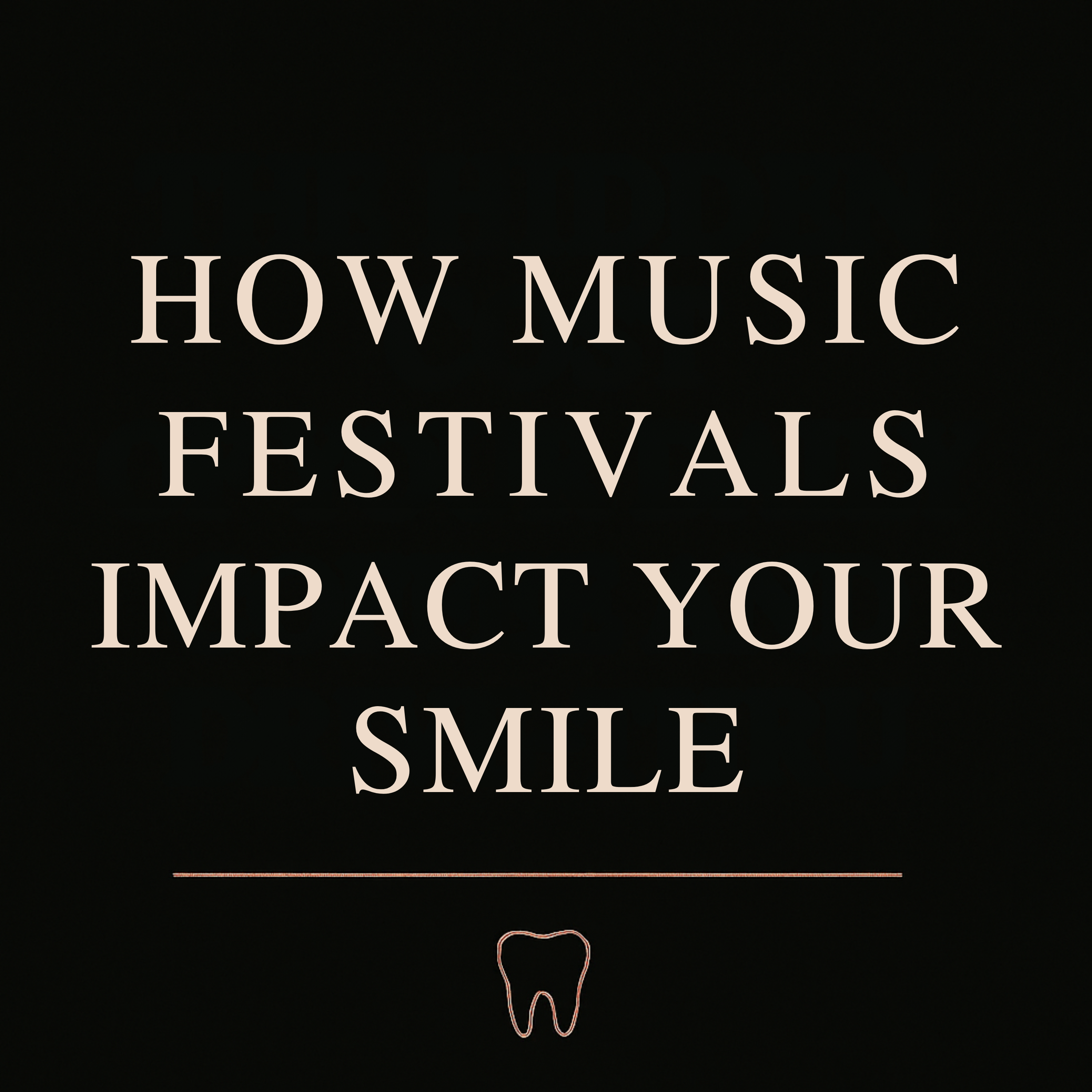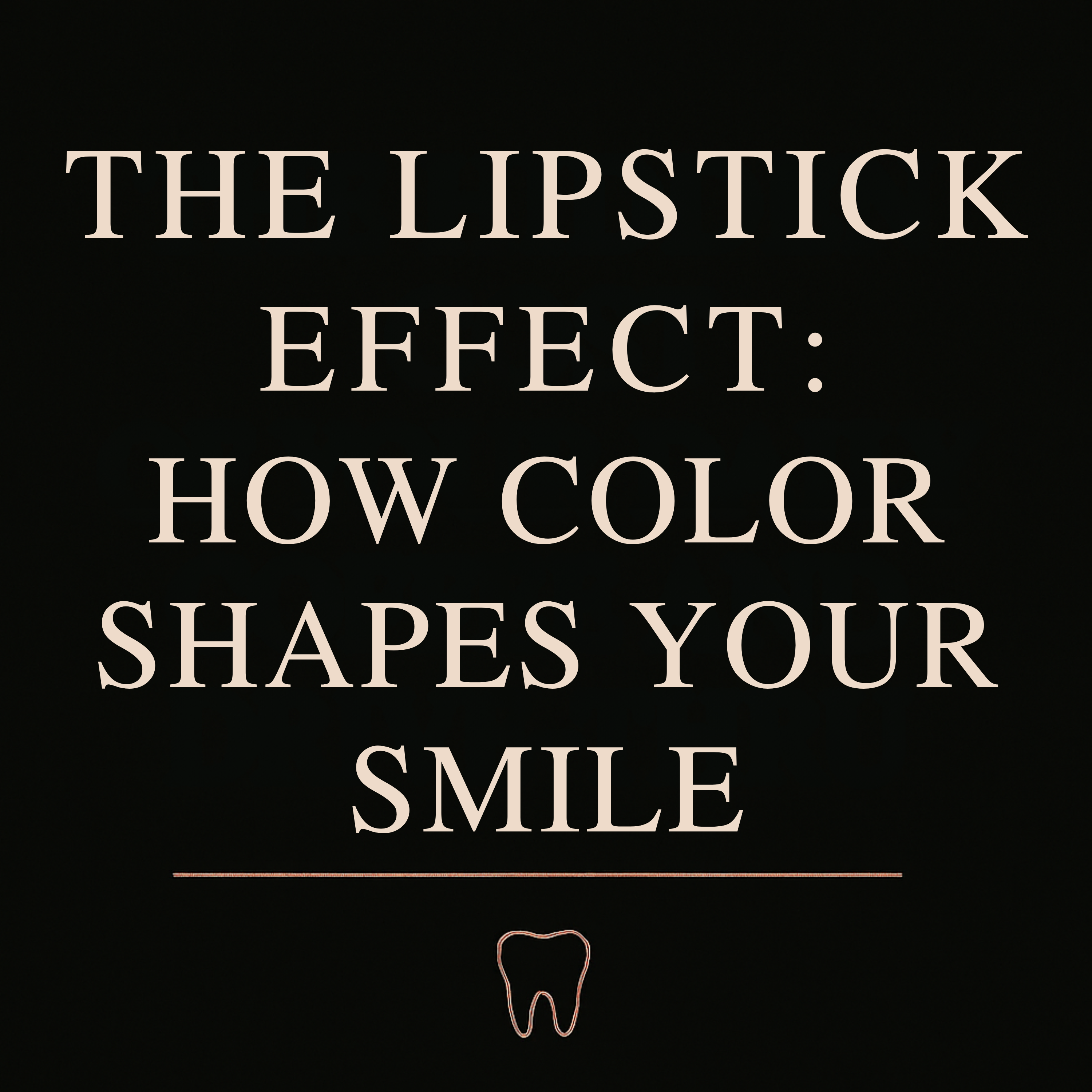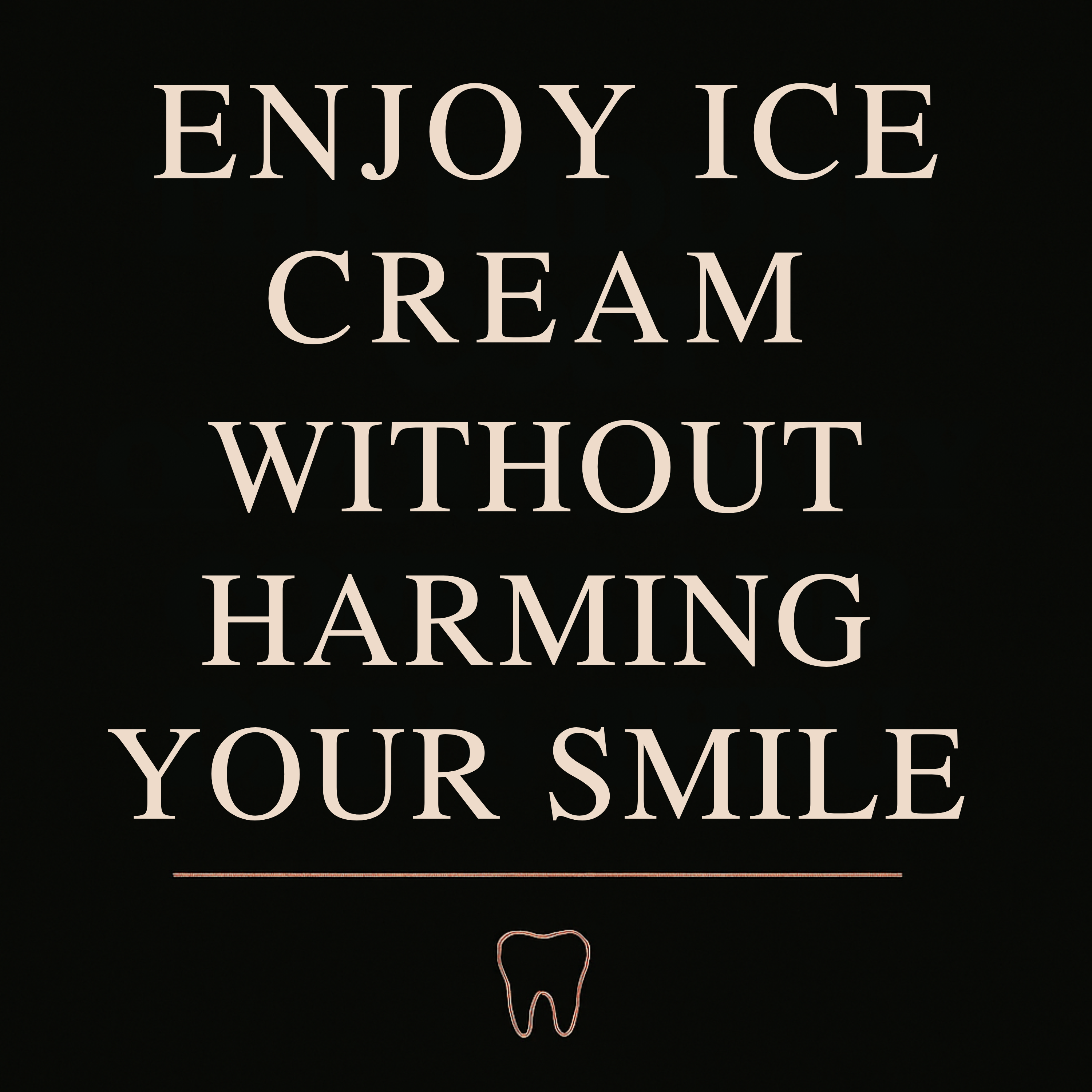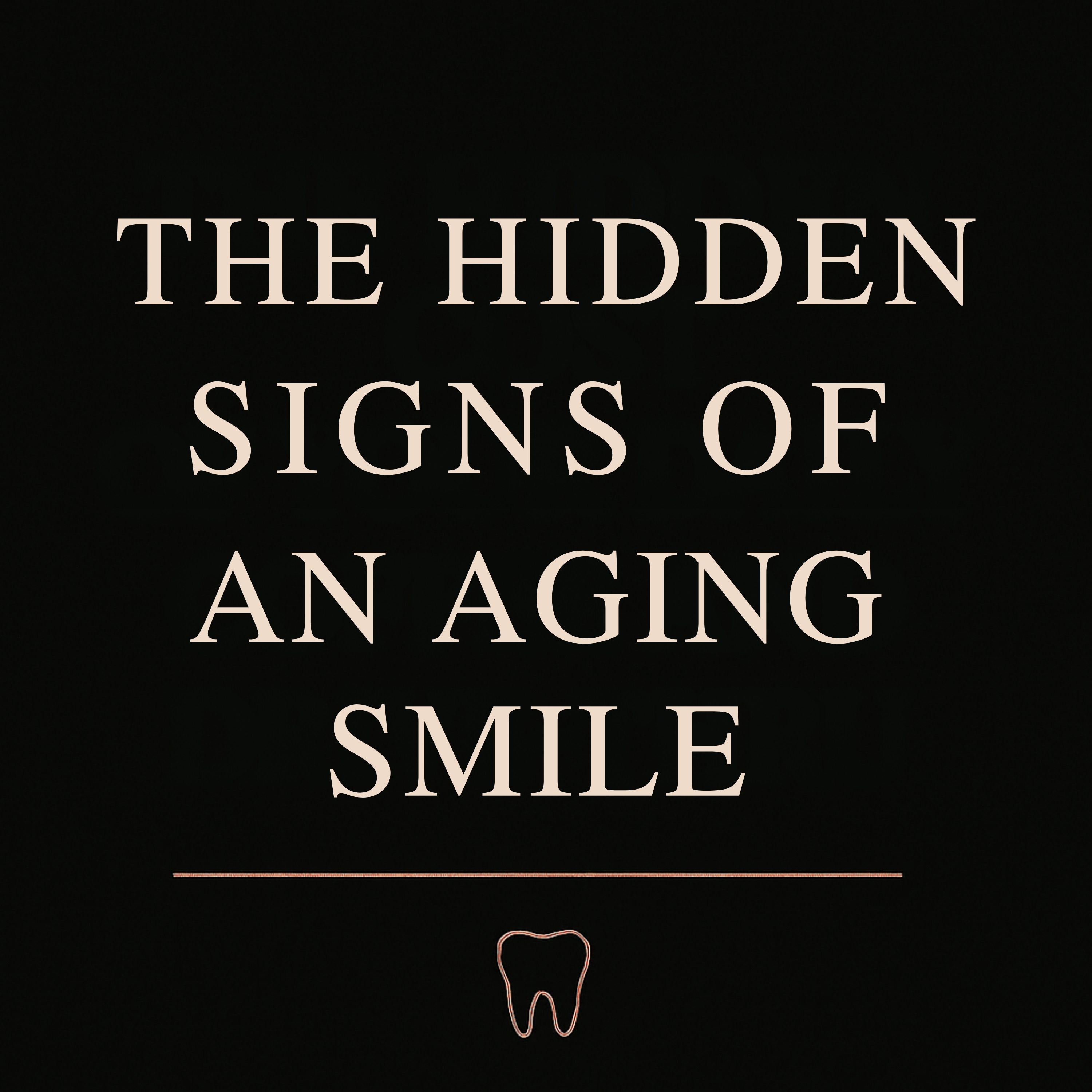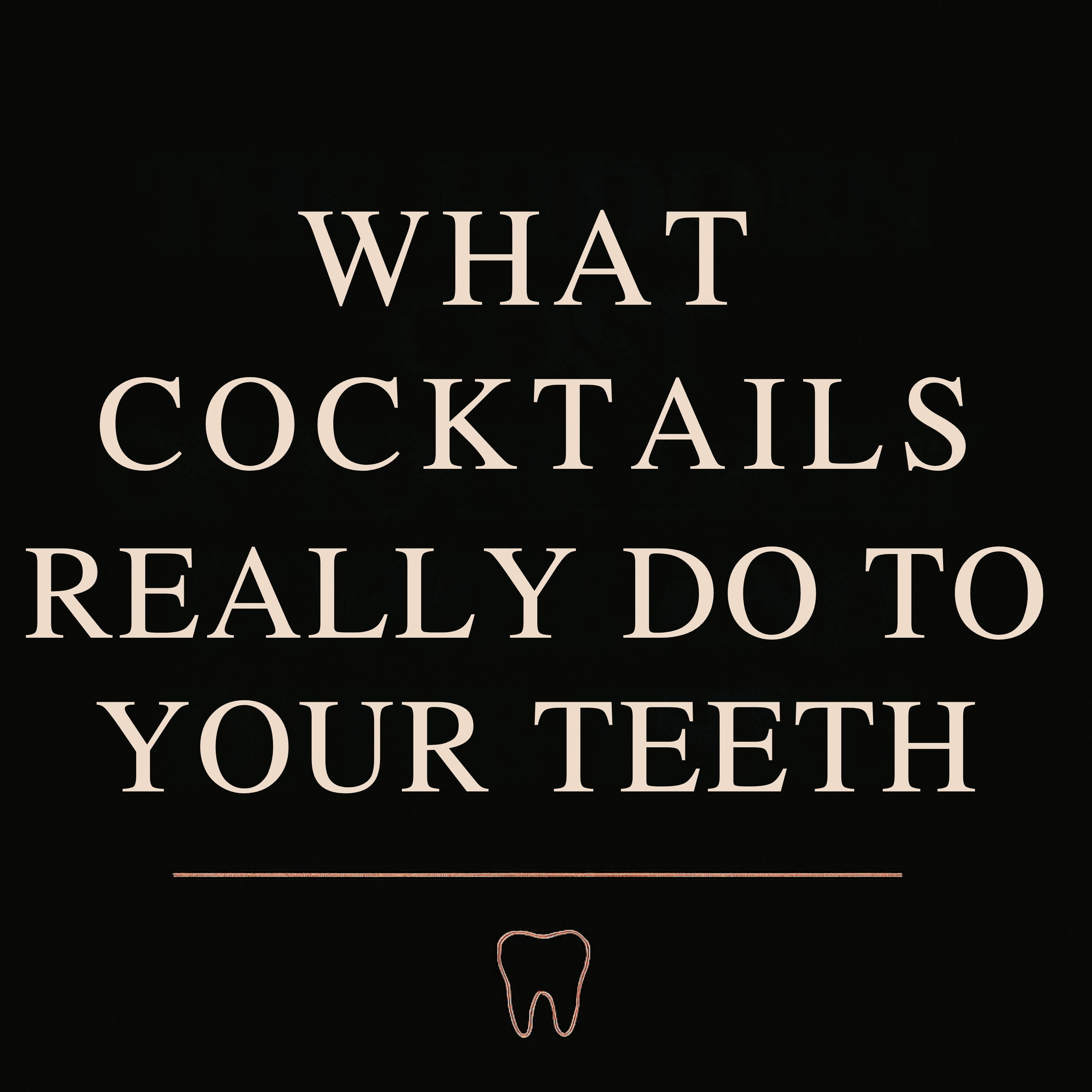Episode Transcript
[00:00:04] You're listening to Trust Your Teeth, the podcast where lifestyle meets dentistry.
[00:00:10] It's hot outside. You finish your drink and there it is, the leftover ice at the bottom of the cup.
[00:00:16] Crunching on it feels refreshing, even harmless. No sugar, no calories, no guilt, just a satisfying crunch.
[00:00:25] But here's the part most people don't realize. The very hardness that makes chewing ice so satisfying is also what makes it destructive.
[00:00:34] Each crunch places extreme pressure on your teeth, leaving behind microscopic cracks and weakened enamel.
[00:00:42] Over time, those invisible changes turn into sensitivity chips, or even a broken tooth.
[00:00:49] Let's start with the pressure.
[00:00:51] Teeth are strong, but they're not built to crush frozen cubes.
[00:00:55] Every bite creates tiny fractures in your enamel, the protective shell of your teeth.
[00:01:01] At first, you don't feel them, but over time, those micro cracks spread, weakening enamel and making teeth more prone to chips and long term structural damage.
[00:01:12] In fact, studies show that chewing on hard substances like ice can double your risk of fractured teeth.
[00:01:18] Then there's the cold factor.
[00:01:21] Ice isn't just hard, it's freezing. Repeated exposure causes enamel to expand and contract, straining its structure.
[00:01:29] You may not feel the damage at first, but it shows up later as sharp sensitivity to hot or cold, dull aches and enamel erosion that never grows back.
[00:01:39] Once that sensitivity sets in, it's lasting.
[00:01:43] Part of the problem is perception.
[00:01:45] Because ice is calorie free, people assume it's safe.
[00:01:49] Compared to candy or soda, chewing ice seems harmless.
[00:01:53] But the truth, it can do far more physical damage in much less time.
[00:01:58] So what's the smarter move? You don't have to give up the refreshing crunch. You just need gentler alternatives.
[00:02:05] Start with softer crunches. Switch to chilled fruit like grapes or apple slices.
[00:02:11] Try crushed ice instead of solid cubes. Even shaved ice or ice chips are less damaging than big blocks.
[00:02:19] Second, choose hydration alternatives. Sip cold water instead of chewing. Infuse it with cucumber, lemon or mint for flavor. Or keep sugar free gum on hand when you feel the urge to chew. It satisfies the habit without the damage.
[00:02:35] And third, build awareness habits. Pay attention to when you crave ice.
[00:02:40] Sometimes it's stress, but frequent cravings can also signal iron deficiency, a condition called pica.
[00:02:48] Talk with your doctor if the craving is strong or constant. And schedule regular dental visits. Your dentist can catch the early signs of enamel cracks before they turn into emergencies.
[00:02:59] The truth is, chewing ice doesn't feel dangerous in the moment.
[00:03:04] But those tiny cracks and cold shocks build silently until one day you chip a tooth or feel sudden sensitivity.
[00:03:13] With small swaps, crushed ice, cold fruit, sugar free gum. You keep the comfort of a refreshing crunch without risking costly damage.
[00:03:23] At KYT Dental Services, we see this all the time.
[00:03:27] Patients are often surprised that something as innocent as chewing ice was behind their sudden fracture or sensitivity. That's why our approach goes beyond repairing the damage.
[00:03:39] We help patients identify habits before they become expensive problems protecting enamel, restoring strength and keeping smiles resilient.
[00:03:48] Because even a simple crunch should refresh you, not crack your smile.
[00:03:53] Thanks for listening to Trust yout Teeth.
[00:03:55] If you found today's episode helpful, follow the show and share it with someone who loves their ice habit.
[00:04:02] Until next time, chew smarter, smile stronger.
